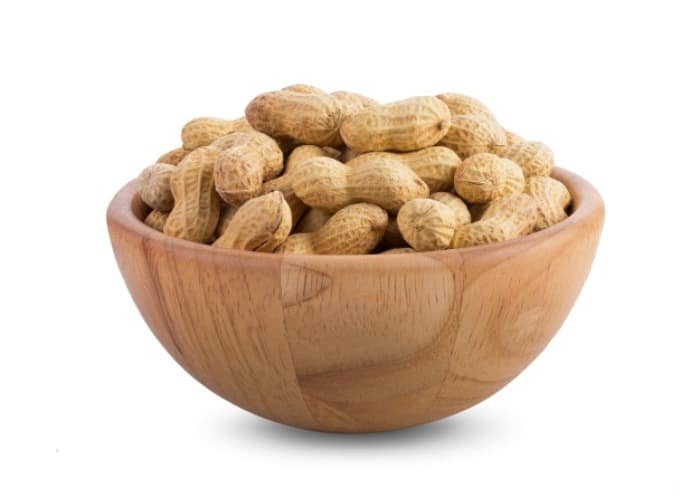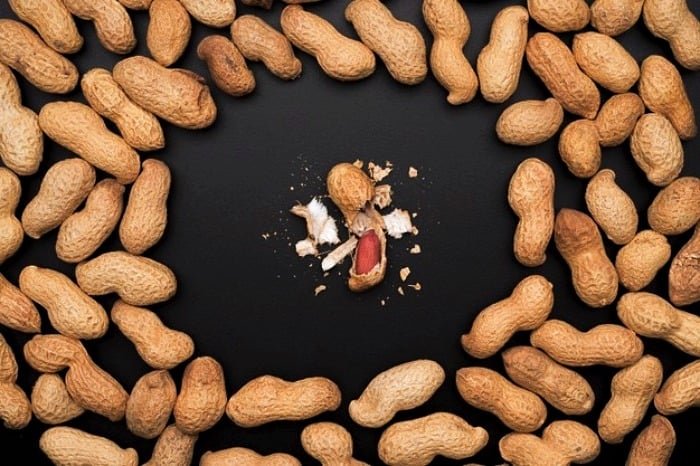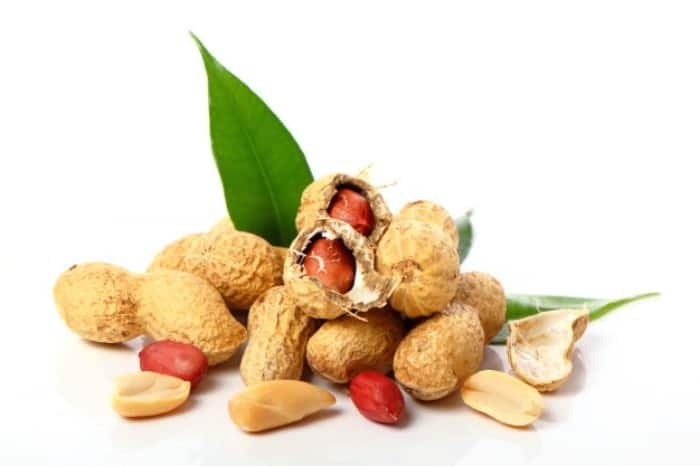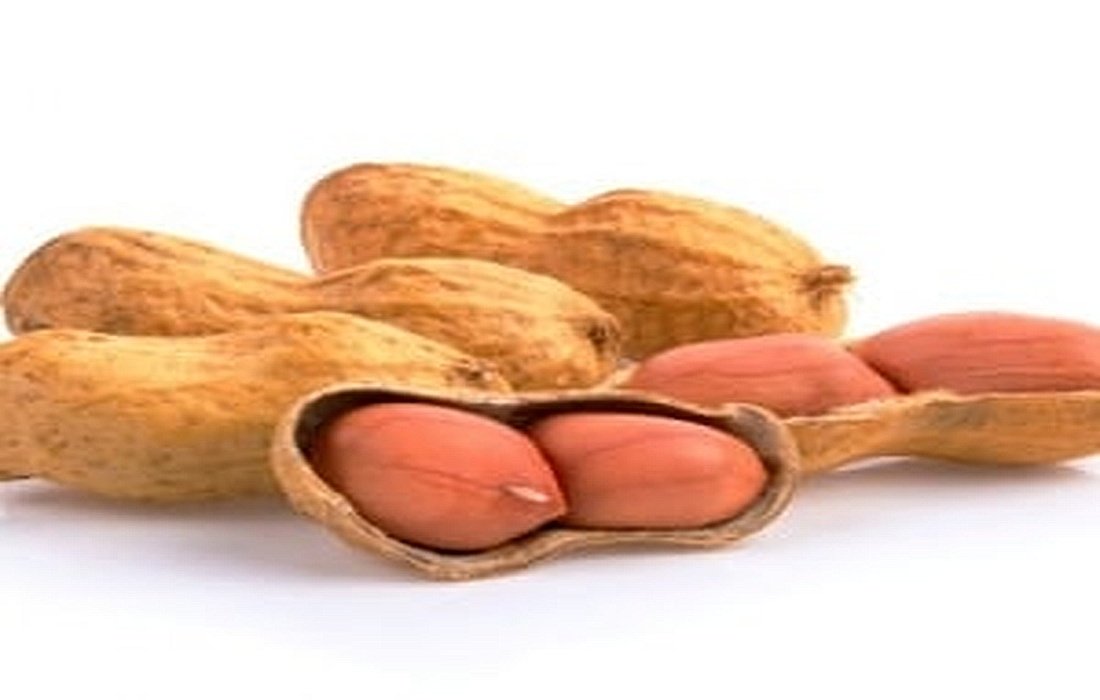Effects of ConsumptionPeanutsand the dangers of improper consumption
PeanutsActually, peanuts are legumes that grow in tropical and subtropical areas but are considered nuts because they grow underground.Walnutsand almonds grow on trees, unlike peanuts.
Eating peanuts is beneficial for our health, as well as for our skin and hair due to theessential nutrientslike vitamins, minerals, antioxidants, and essential fatty acids they contain. Although peanuts are beneficial, it’s best to consume them in moderation, as some side effects of eating peanuts can be quite significant.
Effects andside effects of peanutson the body
Peanuts and contamination:
Regular peanut consumption is great for individual health; however, it’s crucial to eat them in moderation, as they are susceptible to Salmonella contamination.
One of the toxins associated with peanuts is a fungus that produces aflatoxin, a carcinogenic substance that increases the risk ofliver cancer.It has also been found that aflatoxin consumption can reduce growth in children, so it’s important to be cautious not to eat too many peanuts.
This contamination risk is also linked to organic peanuts and peanut butter. This is due to the nature of peanuts being soft legumes that have a permeable shell growing underground. While they grow underground with a weak skin, they are exposed to warm temperatures and humidity, which creates conditions that foster mold growth.
Additionally, molds on peanuts can grow during storage, transport, and even on grocery store shelves (if not stored properly). It’s essential to note that this side effect of peanuts is due to their nature (being legumes and highly susceptible to temperature and moisture) and has no relation to pesticides.

Peanuts and allergic reactions:
Although consuming peanuts is good for individuals and offers many benefits for skin and hair, they are one of theallergenicfoods. Previously, in the health section of SelMagz,we mentioned that people who are allergic to peanuts should avoid eating them, as peanut allergies can be severe enough to cause allergic reactions even if there are tiny amounts of peanut dust in the air.
This reaction often begins with a burning sensation in the mouth, followed by swelling of the face, throat, and mouth. It can lead to difficulty breathing, asthma attacks, anaphylaxis, and even death. Less severe reactions include itching,hives,and stomach discomfort. Such individuals should even avoid foods that contain peanuts.
Peanuts and lectins:
Eating too many peanuts can harm our health due to the presence of lectins. Legumes like peanuts,soybeans,and others contain lectins, anti-nutrients, which is a sticky substance that helps plants resist pests.
While lectins are beneficial for plants, they are not good for humans because their stickiness and structure make them nearly impossible for the body to digest. Lectins bind to sugars in our blood and cause inflammation, increasing the risk of inflammatory diseases likerheumatoid arthritis.Lectins mimic insulin activity in the human body and can negatively impact weight control. The presence of lectins is not limited to peanuts and other legumes; in fact, some vegetables also contain lectins, but reports from the American Journal of Nutrition state that these vegetables are “not toxic.”
Peanuts and omega-3 fatty acid deficiency:

Peanuts are very beneficial due to their omega-6 fatty acids; however, one should not overconsume them because of these benefits. Although peanuts are an excellent source of omega-6 fatty acids, they lack omega-3 fatty acids, which are crucial for protecting health. Our bodies actually need a combination of
omega-3and omega-6 fatty acids.A deficiency in omega-3 fatty acids can lead to inflammation, heart disease, and other illnesses. Flaxseeds,
chia seeds,,fish oil,mustard oil,winter squash, and others are great sources of omega-3 fatty acids. Limiting peanut consumption (omega-6) is important even to repeat the benefits of omega-3 fatty acids, like restricting omega-6.Peanuts and pesticides:Due to the nature of peanuts, they are at high risk of mold growth. Peanuts are legumes and are often subjected to high temperatures and warm moisture, which provide a suitable environment for mold growth.
Some non-organic farmers try to combat the mold issue by using pesticides on their crops. While doing so may save peanuts from mold growth, it exposes them to high levels of pesticides, which can lead to
headaches,
dizziness,irritation of the nose, throat, eyes, or skin, thirst, vomiting, fatigue, sweating, blurred vision, and more.Peanuts and saturated fats:Excessive peanut consumption can be harmful due to the high levels of saturated fats present. High saturated fats can lead to problems such asheart attacks,
strokes, arterial blockage, digestive issues,
high blood pressure,and other health concerns.Research has shown that saturated fats are a type of hidden fat that may increase the risk of cardiovascular issues in individuals with elevated cholesterol levels. It has also been observed that reducing saturated fat levels in our diet lowers the risk of cardiovascular problems.There’s no need to worry about saturated fats in peanuts since they also contain copper, which helps control cholesterol levels, thus reducing cardiovascular risks. The only thing to remember is to eat peanuts in moderation.Peanuts and the inability to control weight:
The fiber in peanuts is very beneficial for weight management, as it keeps people feeling full for longer and reduces the urge to eat again, thus controlling overeating, which is known to be a main factor in obesity. However, it’s essential to remember that peanuts are high in calories, with 100 grams containing 567 calories.
Instead of using peanuts, it is better to consume apples, carrots,

cucumbers,
and other fruits and vegetables for weight control. This is because they have lower calories compared to peanuts and contain a lot of water and dietary fiber, which help in weight management. Therefore, to prevent
weight gain,limit your peanut consumption.Peanuts and high sodium levels:Consuming 100 grams of peanuts contains about 18 milligrams of sodium. Sodium is good for health as it helps balance fluids in the body, muscle contraction, and control blood pressure, but excessive sodium can be harmful andlead to high blood pressure
and other issues like
osteoporosis,stomach cancer,kidney problems, etc.Does eating peanuts cause gas?Peanuts are high in fiber, and if consumed in large amounts, they may lead to digestive issues. Additionally, eating peanuts with foods high in fiber can result in gas production in the body.Side effects of peanutsEffects of peanuts on the body
Peanuts’ fat content
Peanuts causing weight gain







